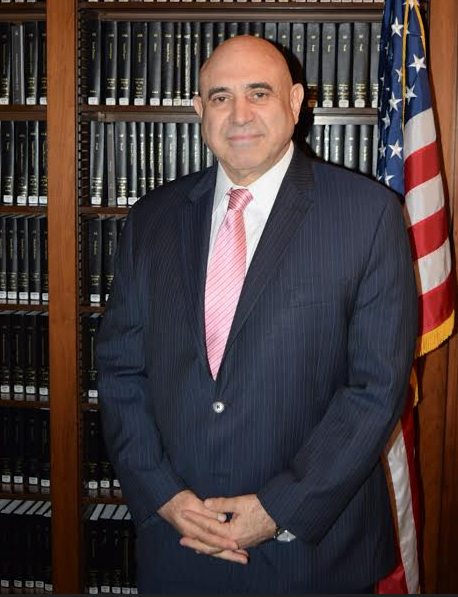Justice John Leventhal brings attention to domestic violence with new book

The city of New York and the country in its entirety have made great strides when it comes to domestic violence over the past two decades, but both still have a long way to go, according to Justice John M. Leventhal.
Leventhal was the first judge to preside over the first felony Domestic Violence Court in the nation, and he has authored a book on the subject, titled “My Partner, My Enemy: An Unflinching View of Domestic Violence and New Ways to Protect Victims,” that hit bookstores on June 16.

Brooklyn Boro
View MoreNew York City’s most populous borough, Brooklyn, is home to nearly 2.6 million residents. If Brooklyn were an independent city it would be the fourth largest city in the United States. While Brooklyn has become the epitome of ‘cool and hip’ in recent years, for those that were born here, raised families here and improved communities over the years, Brooklyn has never been ‘uncool’.